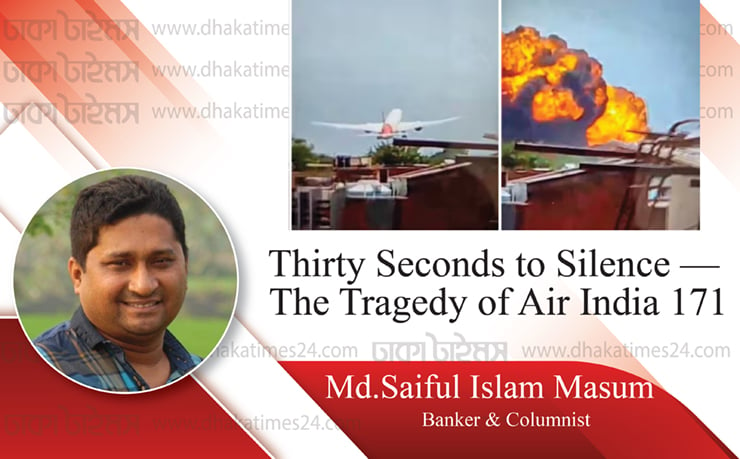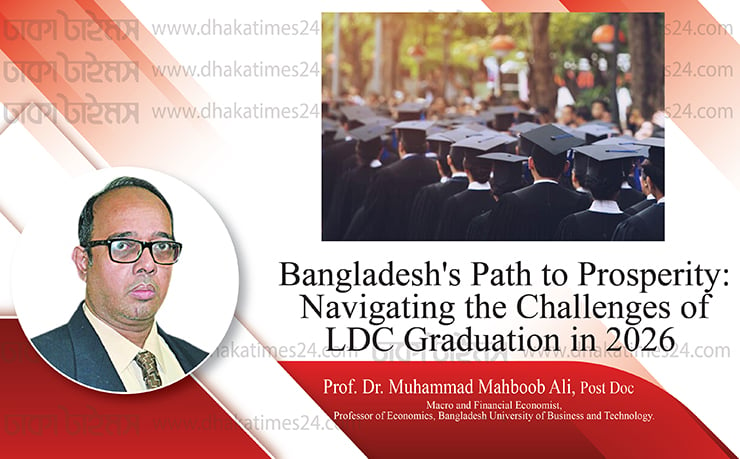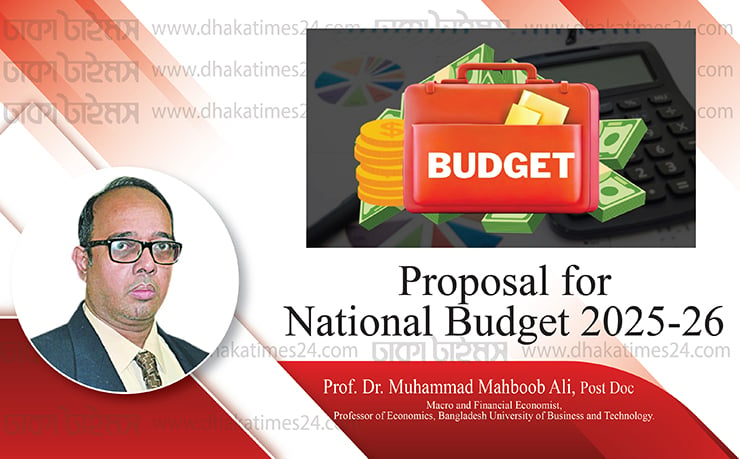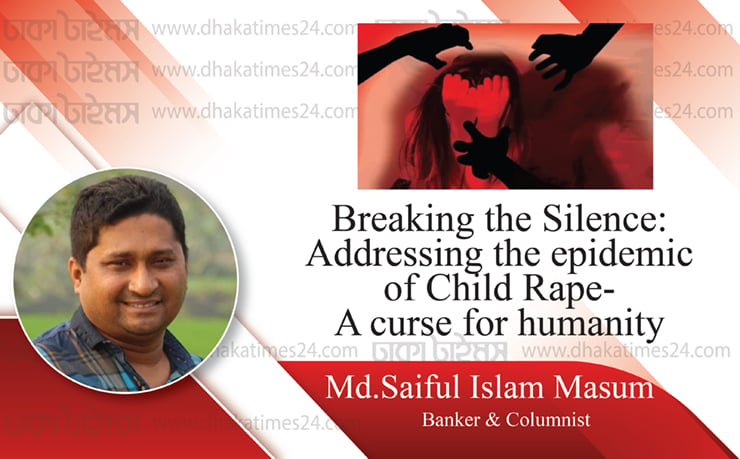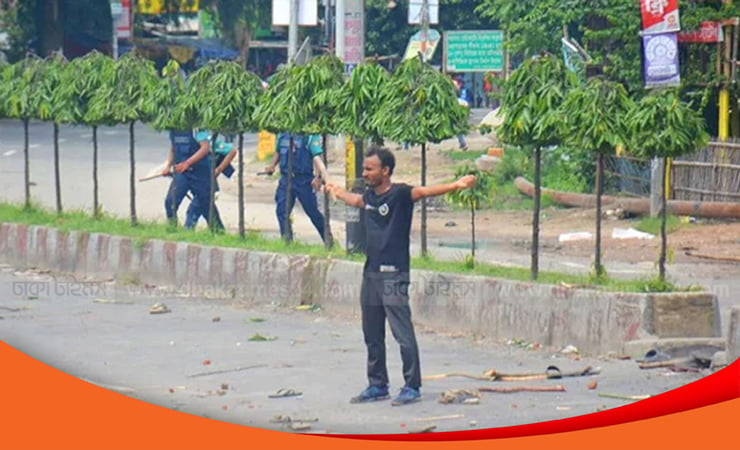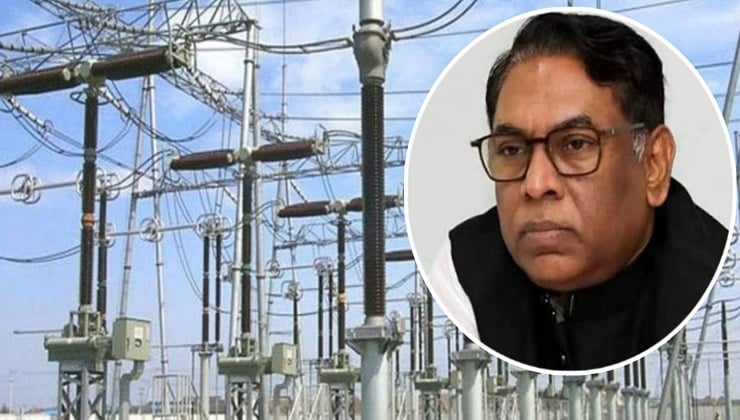The Economic Imperative for Peace in the Context of the Iran-Israel Conflict
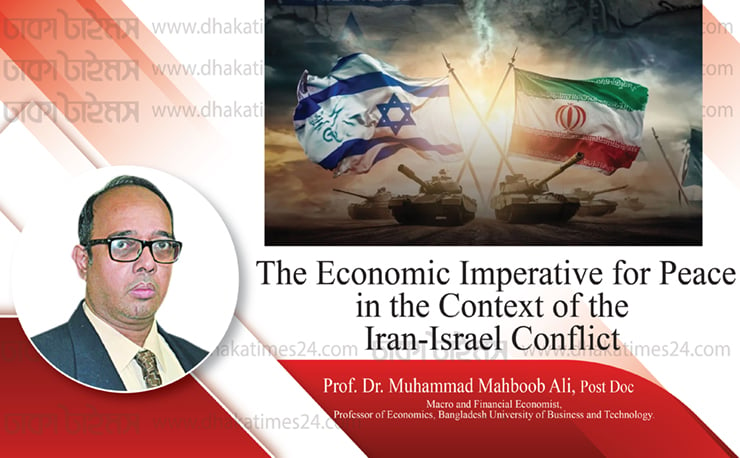
Peace and tranquility are fundamental for global stability and overall well-being. The recent conflict between Iran and Israel prompts a critical examination of who truly benefits from war, especially when the most vulnerable populations, particularly the poor, bear the brunt of its consequences.
From an economic perspective, the notion of opportunity costs becomes highly relevant. If a conflict were to extend beyond 12 days, the economic costs would rise sharply, diverting resources away from productive uses and leading to significant losses. This is particularly evident in the context of externalities, where the negative consequences of war extend beyond the immediate participants to affect those with close trade ties, resulting in broader repercussions across the economy.
Israel's focus on attacking oil production intended for domestic use, while leaving export facilities unharmed, illustrates the strategic choices made during wartime. This approach highlights the importance of a calculated allocation of resources, as conflicts can disrupt supply chains and impact global markets. The decisions made in wartime can have profound implications for economic stability, reinforcing the idea that peace is not merely the absence of conflict, but a necessary condition for sustainable economic growth.
In this context, fostering peace and tranquility is not only a moral imperative but also an economic necessity. By investing in diplomatic solutions and cooperation, nations can mitigate the risks associated with conflict and promote a more stable and prosperous global economy. Ultimately, the interplay between peace and economic theory underscores the importance of prioritizing human welfare over the destructive costs of war. As John Keats poignantly illustrates in his poem "Hyperion," the chaos of war and its ramifications can drown the hopes and aspirations of humanity, emphasizing the need for a more harmonious existence we can quote:
“At war, at peace, or inter-quarreling
One against one, or two, or three, or all
Each several one against the other three,
As fire with air loud warring when rain-floods
Drown both, and press them both against earth’s face,
Where, finding sulphur, a quadruple wrath
Unhinges the poor world…”
In current geopolitical landscape, U.S. President Donald Trump has expressed dissatisfaction with Israel's military actions against Iran, prompting both nations to claim victories while threatening renewed hostilities. Israeli Prime Minister Benjamin Netanyahu has stated that Israel will respond decisively to any Iranian advancements in its nuclear program. However, reports suggest that U.S. airstrikes on Iranian facilities have only temporarily delayed Iran's progress, thus exposing the limitations of military intervention.
The tragic consequences of this conflict are evident, with at least 86 Palestinian lives lost, many of whom were civilians seeking assistance during the strikes. Trump's nomination for the 2025 Nobel Peace Prize for brokering a ceasefire underscores the complexities of conflict resolution. The broader implications of ongoing violence cannot be ignored, particularly for vulnerable economies like Bangladesh, which may face trade disruptions and rising inflation as a result.
The effects of war extend beyond economic parameters, often exacerbating violence against vulnerable populations, especially women and children. It is crucial to prioritize diplomacy to prevent such outcomes. Economic disparities can deepen during crises, leading to social unrest and instability, while fragile institutions may struggle to implement effective policies. In Bangladesh, limited access to financing can hinder investments in infrastructure and human capital, potentially increasing unemployment if the ceasefire fails.
Promoting Public Awareness and Economic Stability
Raising awareness of the human costs of war is vital for fostering a culture of peace and understanding. Following Iran's attack on a U.S. military base in Qatar, fluctuations in oil prices have highlighted concerns about the stability of the Strait of Hormuz. Analysts warn that crude oil prices could exceed $80 a barrel if the Strait closes, with projections reaching $110.
From an economic perspective, significant potential for growth exists. For instance, trade between Russia and Iran is approximately $5 billion, with Iran exporting about 90% of its crude oil to China. While this partnership strengthens ties, it also underscores the challenges facing the global economy. Israel's military actions against Iranian infrastructure and Iran's retaliatory responses disrupt energy markets, raising alarms for the U.S., Israel, and the broader world, thereby risking regional destabilization. As Naser Abdelkarim, an assistant professor of finance at the American University in Palestine, noted to Anadolu Agency, the war has depleted military budgets and disrupted production activities, estimating total losses at $20 billion. This illustrates the economic theory of diminishing returns, where continued investment in military operations yields less and less benefit as resources are drained. Furthermore, he indicated that Israel's budget deficit is projected to rise by 6 percent, with compensation payments to affected residents exacerbating the country's financial challenges.
According to the Wall Street Journal, Israel's daily expenses for anti-missile air systems range from $10 million to $200 million. If the conflict were to persist for a month, total costs could exceed $12 billion, as estimated by the Israel-based Aaron Institute for Economic Policy. This situation exemplifies the economic principle of the costs of conflict, where war leads to significant financial burdens that could otherwise be directed toward social and economic development.
Achieving a stable and prosperous Middle East is critical as governments work to build resilient societies and diversify their economies. Trump has noted violations of the ceasefire by both sides, emphasizing the serious economic risks posed by the ongoing conflict, particularly for nations like Bangladesh. To effectively address the challenges posed by ongoing conflicts, Bangladesh can implement several key strategies. First, diplomatic engagement is essential; the country should actively participate in regional diplomacy to promote peace initiatives and facilitate dialogue among nations. Second, economic diversification is crucial to reduce reliance on remittances by enhancing sectors such as manufacturing and services, thereby building resilience against external shocks. Third, public awareness campaigns can play a significant role in raising awareness of the human costs of war, fostering a culture of peace and understanding among citizens, and encouraging advocacy for peaceful resolutions. Additionally, strengthening institutions is vital; Bangladesh should focus on developing robust systems that can respond effectively to crises and implement policies aimed at promoting social stability and economic growth. Finally, international collaboration is necessary to secure funding and resources for infrastructure development, which can enhance economic stability and reduce vulnerability to global economic fluctuations. By adopting these strategies, Bangladesh can strengthen its position and contribute to regional peace and stability.
War presents significant moral hazards and ethical dilemmas that extend into the economic realm. One of the primary concerns is the concept of externalities, where the costs of conflict are often borne by those not directly involved. For instance, economic sanctions or military actions can lead to widespread suffering among civilians, exacerbating poverty and instability in regions far removed from the battlefield. This externalization of war's costs reflects a failure in the global economic order, where the true price of conflict is not accurately accounted for in economic models or policy decisions.
Furthermore, war can create a moral hazard where governments and corporations may engage in aggressive actions without facing the full consequences of their choices. When military intervention is seen as a viable option, the ethical implications can be overshadowed by the perceived benefits of conflict, such as access to resources or geopolitical power. This raises profound questions about the morality of prioritizing national interests over human lives and well-being.
By adopting strategies that enhance peace and stability, Bangladesh can contribute to mitigating these moral hazards. Historical narratives, such as those in Tolstoy's "War and Peace," serve as reminders of the profound effects of war on individuals and the quest for meaning amid chaos. The reality that nobody truly wins in war, while humanity suffers, challenges the notion of conflict as a noble endeavor and reveals a landscape marked by destruction.
In the current economic context, OPEC's decision to refrain from filling market gaps until they emerge highlights the complexities of global interdependence. JP Morgan's warnings about prolonged uncertainty and oil price volatility underscore the ethical responsibility of nations to consider the broader implications of their actions. The ongoing conflict in the Middle East leads to fears of supply disruptions, driving up global oil prices and contributing to inflationary pressures in the U.S., which can negatively impact consumer spending and economic growth.
This situation raises a critical question: who truly desires war? Economically and ethically, prioritizing humanity over conflict is essential. Social unrest and instability are not viable solutions; instead, investing in peace and cooperation offers far greater benefits for all stakeholders. This situation emphasizes the importance of diplomacy and economic collaboration in resolving disputes, fostering a more just and stable global economic order.
Writer: Macro and Financial Economist, Dept. of Economics, Bangladesh University of Business and Technology
 ঢাকা টাইমস অনলাইন এর সর্বশেষ খবর পেতে Google News ফিডটি ফলো করুন
ঢাকা টাইমস অনলাইন এর সর্বশেষ খবর পেতে Google News ফিডটি ফলো করুন
মন্তব্য করুন



